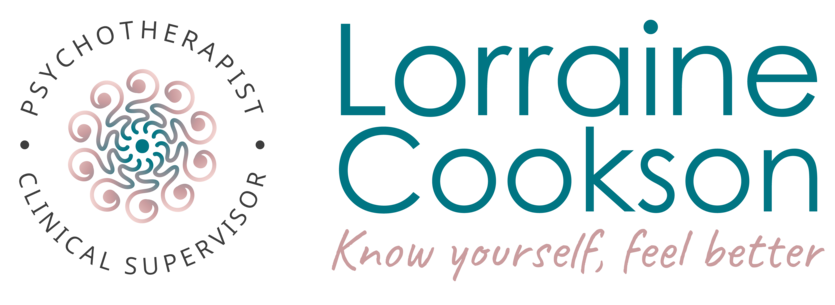Neurodivergent Language

posted 23rd October 2023
It is undeniable that awareness in neurodivergence has increased enormously over the last few years, and I for one welcome this. There is currently a mass education happening which is enabling so many people to learn more about themselves. With this greater understanding, people are more able to support themselves and understand what their needs are. I am here for this!
When people are learning a huge amount quickly sometimes things get lost in translation or the message gets a little muddled. I see this sometimes in the language used around neurodivergence. I know I have made mistakes in the terminology used and I've really appreciated gentle corrections in my learning journey. I hope this can feel like that for you too if you need it. So here are some explanations on common terms:
Neurodiversity - describes all brain types. Neurotypical and neurodivergent. Use this when describing all humans, not those with neuro-differences from the 'standard expectation'.
Neurotypical - also described as the predominant neurotype. This is the most common or 'standard' brain type.
Neurodivergent - this describes humans with brains that diverge from the predominant neurotype. It includes, but is not limited to Autistic humans, ADHD brain, dyslexic brains, etc. If you are describing a specific neurodivergent type (such as autistic) it is best to use the specific label. If you are describing someone with more than one neurodivergent experience, neurodivergent can be correctly used.
Neurodiverse - if you are describing a group of two or more humans with different neurotypes, this would be the correct word to use. A single human cannot be neurodiverse, as it describes multiple humans and cannot be used in the singular.
Human with Autism or Autistic Human – While I am never going to pretend that any one person can speak for a whole population (less name myself as that person!) on the whole, the Autistic community prefer to be described as Autistic rather than having Autism. There are lots of places this has been explained in more detail but generally we see autism as being something that we are rather than something that have.
High Functioning – As above, I know I am not talking for the entire community, but generally descriptions about functioning can be problematic. This is largely due to how the wider population understand ‘high’ or ‘low’ functioning labels and the meaning they make for these. If we understand autism to not be a linear scale from ‘severe’ to ‘moderate’ but rather a spikey profile with a variety of different needs in a range of situations, we can then see how functioning labels are less useful. I personally also think confusion around autism and learning disabilities has exacerbated the issue. Sometimes autism is present with a learning disability, but they are not one in the same.
NeuroSpicy – A colloquial term used in place of neurodivergent. Often used as less medicalising, normalising term.
Co-occurring – in therapy this is generally used as a less medicalising term for comorbidity. However, there is a slightly different meaning between these two terms in medicine. Co-morbid means or implies that two or more conditions are present in one person at the same time and that these multiple conditions in some way interact with each other or have the same causal origin. Co-occurring means that two or more conditions are present in one person at the same time, and that they are not necessarily linked.
Spoon Theory – Created by writer and blogger Christine Miserandio in 2003 as a way of explaining her chronic illness (Lupus) to a friend. Miserandino used spoons as a visual demonstration of her physical and mental energy usage. She described how she has less energy to use than someone without a chronic health issue and how she may need to use more ‘spoons’ doing activities than others. Miserando explained that she would have to carefully plan out her spoons to ensure she had enough for upcoming events over the following, days or weeks. This is a useful analogy for the neurodivergent experience also, where we need to spend our spoons wisely to try and not overspend our energy.
Spoonie – Originating from the Spoon Theory, this term describes an individual with a chronic illness. While not every neurodivergent human will describe themselves as someone with a chronic illness or a spoonie, there are parallels and overlaps with the term.
Intersectionality – refers to intersecting social identities, which can offer advantages or disadvantages. The importance of acknowledging all of these identities and how these identities converge to multiple barriers (or advantages) for the individual.
Paradigm – is a set of fundamental assumptions or principles. It is a mindset or a frame of reference. Typically used as a way of looking at and understanding something.
Pathology Paradigm – assumes that there is a ‘normal’ or ‘right’ way to think and behave and anything that diverges from this is ‘disordered’. This viewpoint is entrenched in psychiatry.
Neurodiversity Paradigm – is a relatively new way of looking at humanity. It purports that diversity of minds exists, is valuable to humanity, and there is no ‘normal’. However, it does not deny the difficulties and disabilities that neurodivergent humans encounter.
Neurodiversity Affirming – means that true inclusivity is integral to the service or design rather than added on at the end in a limited way. Is fully aware and accommodating of all neurodivergent experiences.
